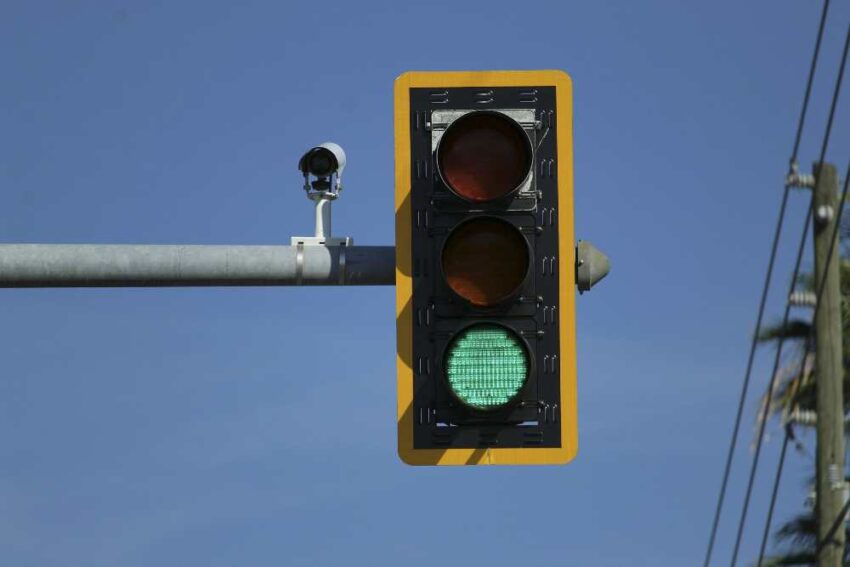Witnessing a traffic violation can be a jarring experience, especially when you’re unsure how to respond. Whether it’s a minor infraction or a serious breach of traffic laws, knowing what to do in such situations is crucial.
Here’s a comprehensive guide on what steps to take if you witness a traffic violation, ensuring safety and appropriate action.
Stay Calm and Assess the Situation
The first step when witnessing a traffic violation is to remain calm. Panicking can lead to poor decisions and increase the risk of an accident. Assess the situation quickly and determine the severity of the violation. Common traffic violations include speeding, running red lights, illegal turns, and distracted driving. In more serious cases, you might witness reckless driving, DUI, or hit-and-run incidents.
Ensure Your Safety
Your safety and the safety of your passengers should be your top priority. Avoid taking any actions that could put you in danger. If the violation is severe and could lead to an accident, try to maintain a safe distance from the offending vehicle. Do not attempt to confront the driver or engage in any form of road rage. If necessary, pull over to a safe location and gather your thoughts before taking further action.
Gather Information
If it’s safe to do so, gather as much information as possible about the violation and the offending vehicle. Key details include:
- Vehicle Make and Model**: Note the type and color of the vehicle.
- License Plate Number**: Try to memorize or quickly jot down the license plate number.
- Location and Time**: Record the exact location and time of the incident.
- Driver’s Description**: If possible, note any distinguishing features of the driver.
This information will be crucial if you decide to report the violation to the authorities.
Document the Incident
In today’s digital age, smartphones are invaluable tools for documenting traffic violations. If you can do so safely, take photos or videos of the incident. Dashcams are also excellent for recording traffic violations and providing clear evidence. Ensure that your documentation does not distract you from driving safely or put you in harm’s way.
Report the Violation
Once you have gathered sufficient information and documented the incident, consider reporting the violation to the appropriate authorities. Here’s how:
- Non-Emergency Situations**: For minor violations that do not pose an immediate threat to public safety, contact the non-emergency number of your local police department. Provide them with all the details you have gathered.
- Emergency Situations**: For severe violations that pose an immediate danger, such as reckless driving or a suspected DUI, call 911. Inform the dispatcher of the situation and provide clear, concise information.
Provide a Witness Statement
If the authorities decide to take action, you may be asked to provide a witness statement. Be honest and detailed in your account of the incident. Your statement could play a crucial role in enforcing traffic laws and preventing future violations. If the violation results in an accident, your testimony could be important for insurance claims and legal proceedings.
Follow Up
After reporting the violation, you might not receive immediate feedback from the authorities. However, you can follow up with the police department to check on the status of your report. In some cases, your information could help in ongoing investigations or lead to the apprehension of habitual offenders.
Witnessing a traffic violation can sometimes lead to legal proceedings, especially if the incident involves an accident or serious offense. In such cases, you may need legal guidance. Consulting with a personal injury lawyer can help you understand your rights and responsibilities as a witness.
Educate and Advocate
Beyond immediate actions, witnessing a traffic violation can be a learning experience. Use it as an opportunity to educate yourself and others about traffic safety and the importance of following traffic laws. Share your experience with family and friends to raise awareness and encourage responsible driving behaviors. Advocacy for better traffic enforcement and safety measures in your community can also contribute to reducing traffic violations.
Witnessing a traffic violation can be unsettling, but knowing how to respond can make a significant difference. Staying calm, ensuring safety, gathering information, and reporting the violation are crucial steps.
By taking responsible actions, you can help enforce traffic laws, enhance road safety, and potentially prevent accidents. Remember, in severe cases, seeking legal guidance can provide the support needed to navigate any legal complexities. Through awareness and advocacy, we can all contribute to safer roads and responsible driving practices.

